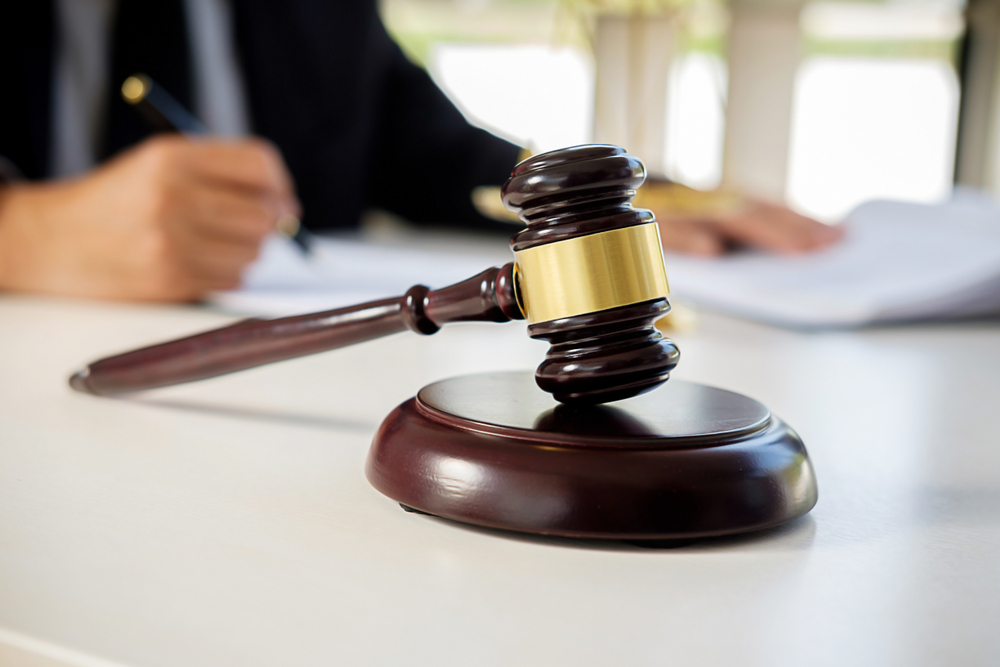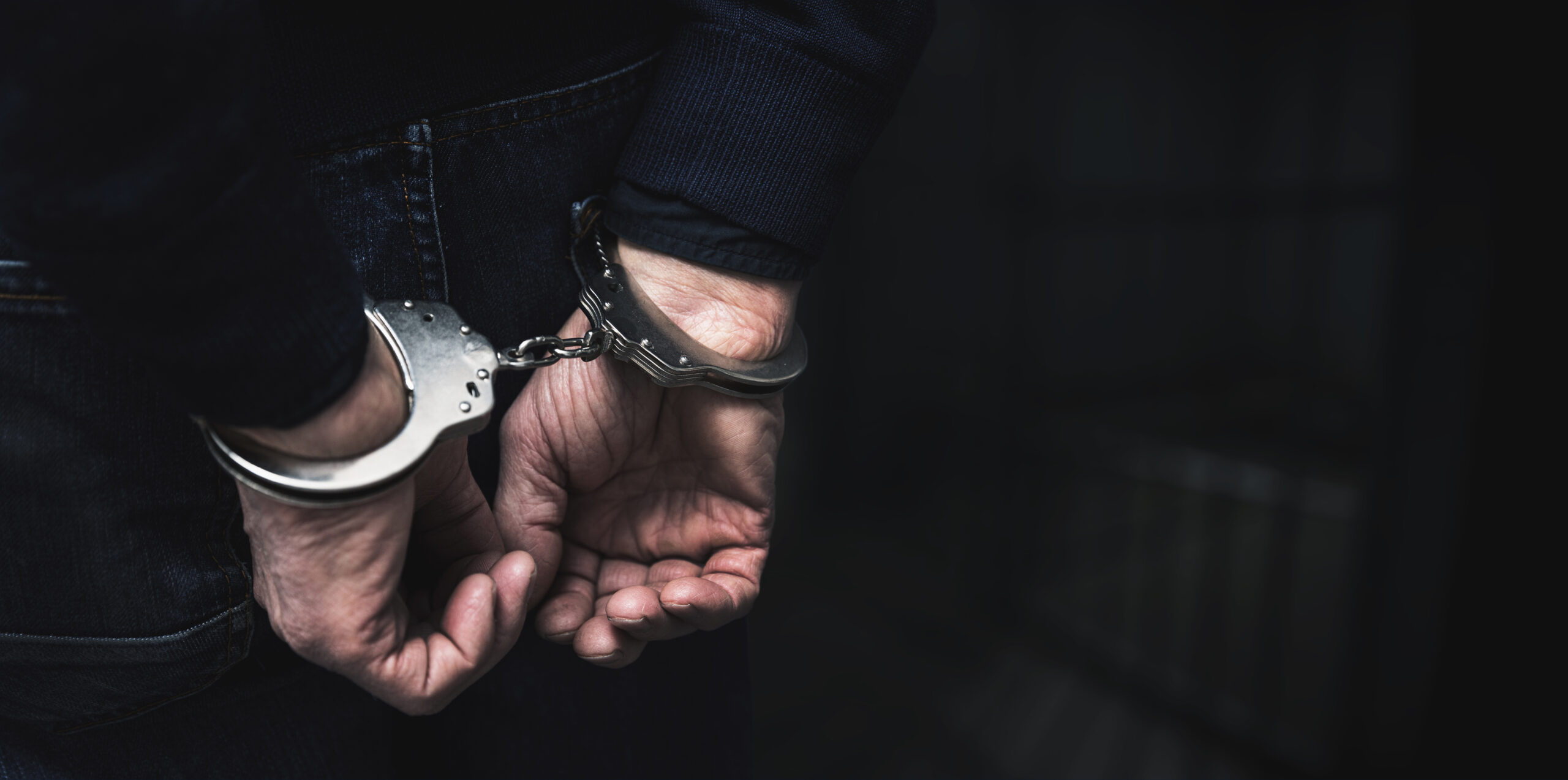Often, a violation of probation is only a technical violation. Most of these are not illegal, they simply violate the rules the judge set for your probation. The other way you can violate probation is by committing another crime. The courts will charge this crime as either a summary offense, a misdemeanor, or a felony. The nature and seriousness of this offense could play a major role in the consequences you face for violating the terms and conditions of your probation.
Probation violation attorney David C. McKenzie III from the McKenzie Law Firm, P.C., can help you understand if, in your case, violation of probation is a misdemeanor in Pennsylvania. Call us today at 610-680-7842 for a free consultation about your case.
What Are the Types of Probation Violations in Pennsylvania?
There are two distinct categories of probation violations in Pennsylvania:
- New criminal charges; and
- Technical violations.
A technical violation occurs when you do not adhere to the terms and conditions the judge listed when they granted your probation. While you need to take any probation violation seriously, the courts generally do not consider a technical violation as bad as committing another crime.
Part of the reason a court grants probation is because they believe you can continue to work or attend school and avoid future arrests. When police arrest you and you face a new criminal charge while on probation, the judge takes this very seriously. The consequences you may face for a new criminal offense are often severe and could include revocation or extension of your probation.
What If I Committed a Minor Offense?
When you face allegations of a summary offense or many misdemeanors in Pennsylvania, the police do not arrest you. However, if you commit one of these crimes while under supervision, your probation officer has the authority to take action. Depending on the nature and seriousness of the offense, your probation officer may choose to:
- Issue a warning;
- Arrest you; or
- Refer your case to a judge for a violation hearing.
Your probation officer has wide discretion on how to treat this type of violation. The judge has the authority to revoke your probation immediately and send you to jail. While this is less likely to happen if you commit a minor offense, the judge will make this decision based on the facts of your case.
What Counts as a Probation Violation?
Technical violations can vary depending on the specific terms of your probation. These often include:
- Failure to pay court-ordered fines, fees, or restitution;
- Failure to take a court-ordered drug test or a positive drug test;
- Failure to complete any mandatory rehabilitation program;
- Failure to complete community service;
- Failure to report to your probation officer as ordered;
- Failure to appear in court for a scheduled hearing;
- Possession of weapons or other contraband; and
- Violation of other terms of your probation.
Facing charges for almost any criminal offense can count as a probation violation, no matter if they are similar in nature to your original offense or not. This means if you are serving probation for a drug charge but get caught stealing even a small item, you could face incarceration. As a criminal defense firm, we can fight the new charges against you while also working to reduce the possible consequences you face stemming from your probation violation.
What Are the Consequences of Violating My Probation?
If you face a probation violation hearing, you need to understand the serious nature of your situation. Many people do not believe a judge will revoke their probation for a minor offense, but this is one possible outcome.
There are a number of factors that go into the judge’s decision. Some of the things they will consider during your hearing include:
- Whether you committed a technical violation or face criminal charges;
- The strength of the criminal case against you, if applicable;
- The nature and seriousness of your violation or crime; and
- Any previous probation violations, if this is not your first violation.
Because probation is an agreement between you and the court that you will follow strict rules in exchange for avoiding jail time, the judge can revoke your probation at any time. In addition to revoking your probation and sending you to jail, the court can also decide to modify the terms of your probation or take another action.
How Can I Speak to a Lawyer About My Case?
If you face even relatively minor criminal charges while on probation in Pennsylvania, attorney David C. McKenzie III can help you understand your rights. The McKenzie Law Firm, P.C., can ensure your rights remain protected and fight for the best possible outcome in your case. Call us at 610-680-7842 today to get started.



